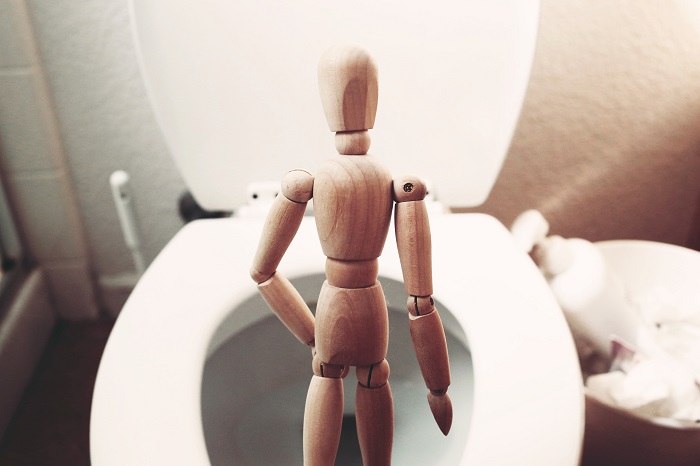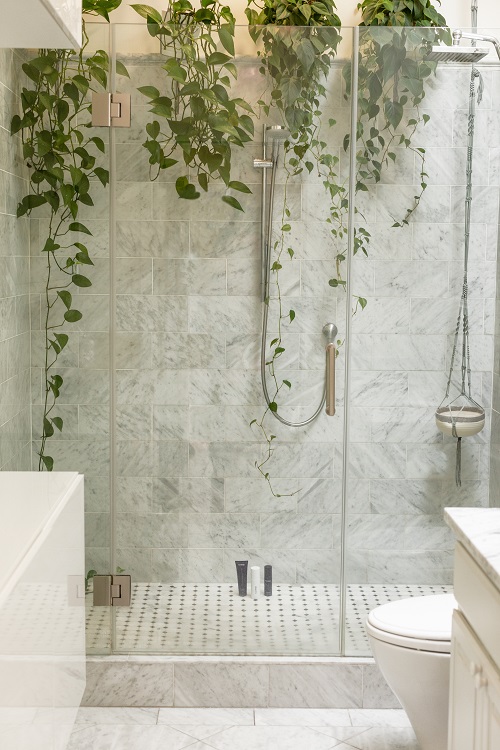Toilet lights—those snazzy LED fixtures made bathroom time a whole lot brighter. But it’s not just about looks; they’re energy-efficient superheroes compared to old-school lighting.

Reveal the showdown
Let’s reveal the energy showdown between toilet lights and traditional bulbs.
Super-efficient LEDs
So, toilet lights are all about LEDs. These little champs make light without wasting energy on heat, unlike old bulbs that basically turn electricity into a mini sauna.
Minimal Power Munchers
Toilet lights are real energy dietitians. They sip electricity, usually just 0.5 to 2 watts, while traditional bulbs can gulp down 40 to 100 watts or more. No contest there.
Long-Lasting Legends
LEDs are marathon runners. They last tens of thousands of hours, while old bulbs burn out after just about a thousand hours. Less frequent replacements mean less energy spent on making and tossing bulbs.
Instant Gratification
No waiting around for toilet lights. They light up right away. Traditional bulbs like CFLs need a warm-up act before shining their brightest, gobbling up extra energy in the process.
Light Where You Need It
Toilet lights are like sharpshooters, focusing their light exactly where you want it. Old bulbs scatter light all over the place, needing reflectors or diffusers to behave.
Earth-Friendly Vibes
Less energy means a smaller carbon footprint. Toilet lights win here, emitting less CO2 than traditional bulbs. That’s a win for Mother Earth.
Pocket-Friendly Perks
Sure, toilet lights might cost a tad more upfront, but they’re money-savers in the long run. You’ll see those savings on your electricity bill—a, a real treat for your wallet.

Conclusion
So, in a nutshell, toilet lights aren’t just bathroom eye candy; they’re energy-efficient champions. With their LED wizardry, low power cravings, endurance, instant action, precise lighting, and eco-friendly vibes, they’re the future of illumination. Choosing toilet lights isn’t just a style statement; it’s a smart move towards an energy-efficient world.
